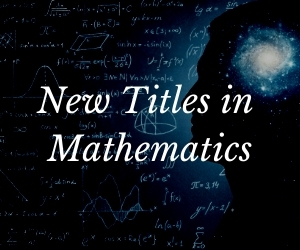System Upgrade on Tue, May 28th, 2024 at 2am (EDT)
Existing users will be able to log into the site and access content. However, E-commerce and registration of new users may not be available for up to 12 hours.For online purchase, please visit us again. Contact us at customercare@wspc.com for any enquiries.
This book is the result of several decades of teaching experience in data structures and algorithms. It is self-contained but does assume some prior knowledge of data structures, and a grasp of basic programming and mathematics tools. Basic Concepts in Algorithms focuses on more advanced paradigms and methods combining basic programming constructs as building blocks and their usefulness in the derivation of algorithms. Its coverage includes the algorithms' design process and an analysis of their performance. It is primarily intended as a textbook for the teaching of Algorithms for second year undergraduate students in study fields related to computers and programming.
Klein reproduces his oral teaching style in writing, with one topic leading to another, related one. Most of the classical and some more advanced subjects in the theory of algorithms are covered, though not in a comprehensive manner. The topics include Divide and Conquer, Dynamic Programming, Graph algorithms, probabilistic algorithms, data compression, numerical algorithms and intractability. Each chapter comes with its own set of exercises, and solutions to most of them are appended.
Related Link(s)
Sample Chapter(s)
Preface
Chapter 1: Divide and Conquer
- List of Background Concepts
- List of Algorithms
- Preface
- Recursion:
- Divide and Conquer
- Dynamic Programming
- Graph Algorithms:
- Minimum Spanning Trees
- Shortest Paths
- Probabilistic Algorithms:
- Primality
- Text Algorithms:
- Data Compression
- Pattern Matching
- Numerical Algorithms:
- Fast Fourier Transform
- Cryptography
- Intractability:
- NP Completeness
- Approximations
- Solutions to Selected Exercises
- References
- Index




